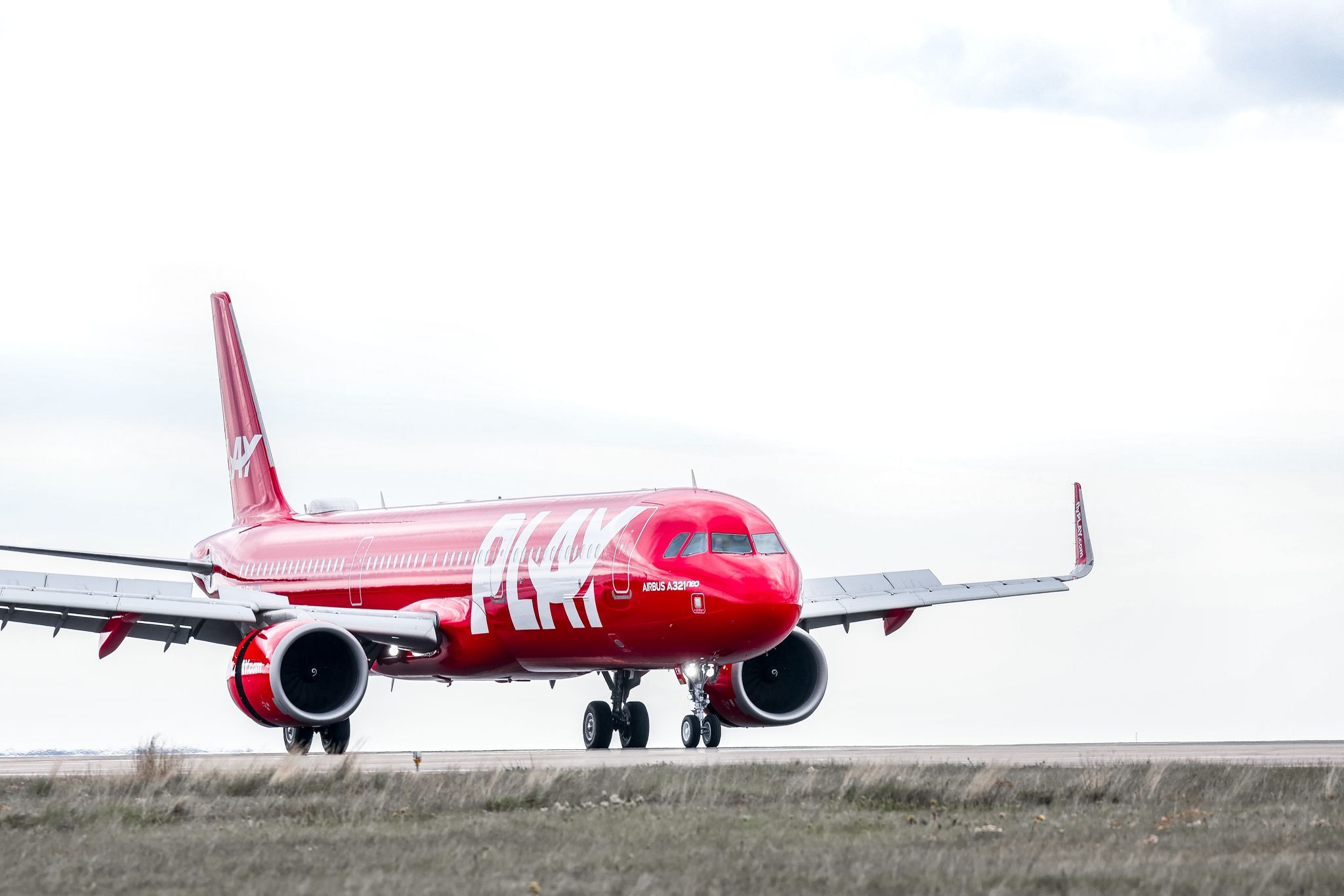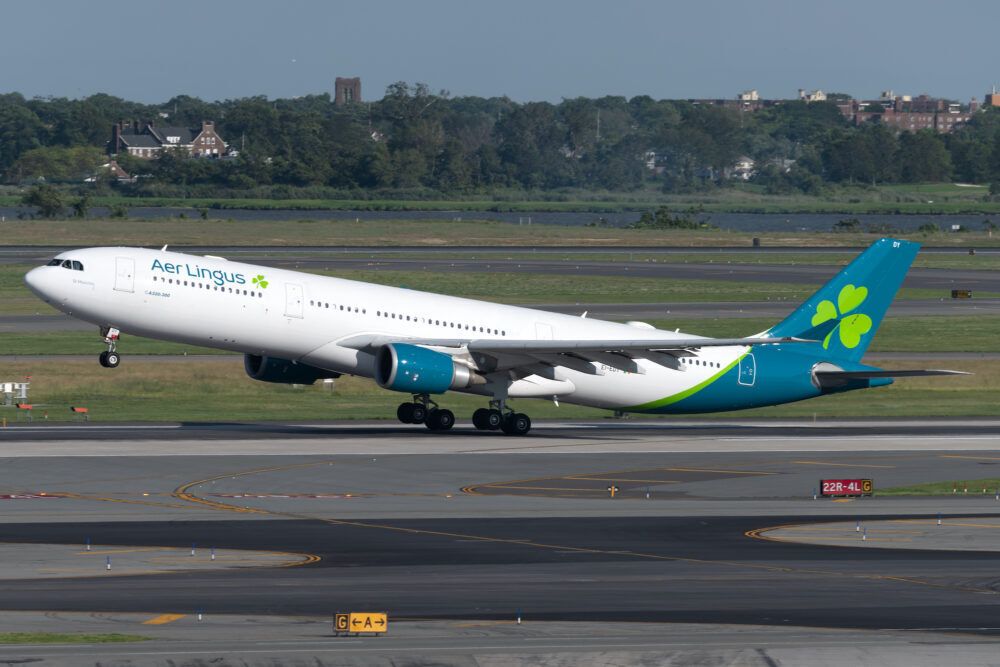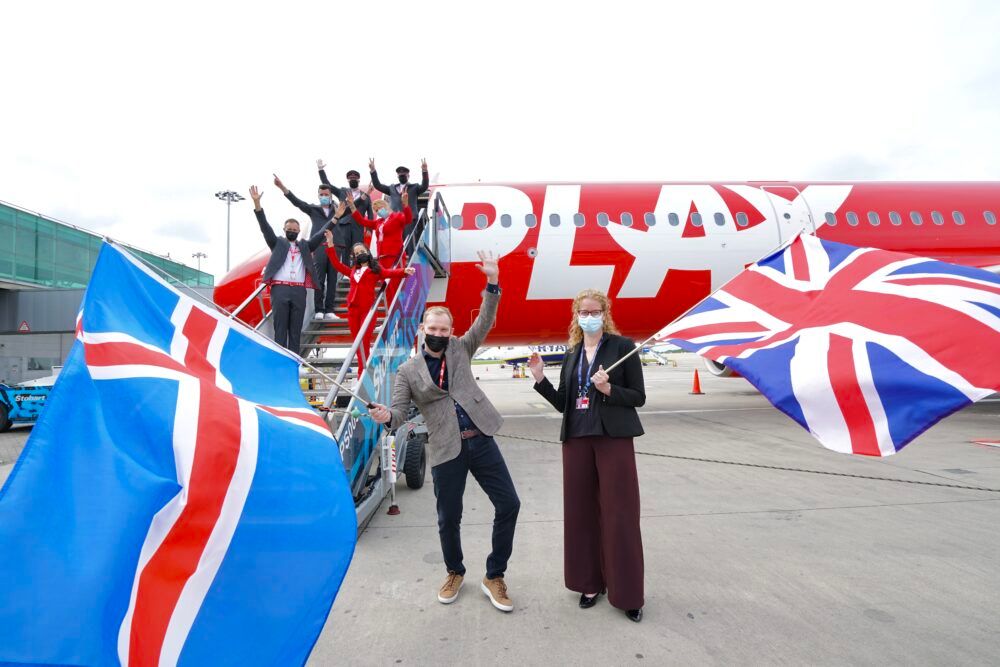At the end of June, Simple Flying hosted its 3rd webinar and had the opportunity to speak with Birgir Jonsson, the CEO of Icelandic startup airline PLAY. When asked about the prospect of adding widebody aircraft to the fleet one day, Jonsson stated that this was not needed, as it did not fit with his strategy for success.
Operating around 'big alligators'
When asked about adding widebody aircraft to PLAY's fleet someday, the airline's CEO stated that there was no need to do so. "...then we would be in competition with some seriously big and strong airlines," Johnsson notes.
"I don't care if we have 10 aircraft or 100; I just want to have a profitable company that has happy passengers." - Birgir Jonsson, CEO, PLAY
The airline chief adds that his long-term plans dictate that they won't have more than 15 aircraft because they want to have the flexibility "to be able to find something to eat around the big alligators."
In using the term 'big alligators', Johnsson is referring to the larger and better-established legacy carriers constantly in competition with one another for transatlantic business. Without Jonsson being more specific, these airlines might include the three major carriers in the US, as well as European carriers such as Aer Lingus or TAP Air Portugal.
Stay informed: Sign up for our daily and weekly aviation news digests.
Adhering to the 'low-cost bible'
When questioned about other possible aircraft that PLAY may include in its fleet one day, the airline's CEO admitted that he was likely to stick with the Airbus A320 family of aircraft. One common aspect among low-cost carriers is that they all have fairly homogenous fleets. This is for the sake of commonality - which makes training, operations, and maintenance much easier. In that spirit, Jonsson stated the following:
"We want to stay very close to the low-cost Bible so to speak- to have a commonality in the fleet. And since we can now show the A320 family, it's easy to get those aircraft and we are working on basically securing that."
Although Jonsson considers the smaller Airbus A220 'an interesting plane,' he makes clear that adding this type to the PLAY fleet would break his goal of fleet commonality. Thus, he says that his airline will grow with a mixture of Airbus A320s and A321s.
All in all, Jonsson's remarks on fleet expansion and growth offer us news that's less exciting for avgeeks. However, with the airline now a publicly-traded company, investors big and small should be satisfied to hear that profits and happy customers will come before any unnecessary fleet expansions.
What do you think of the airline's fleet strategy? Is it missing out on opportunities by ruling out widebody types in the future? Or is this a smart and strategic move to remain profitable? Let us know your thoughts in the comments.



